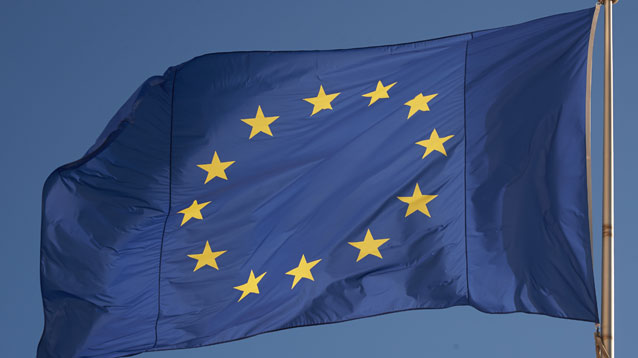EU's Education, Youth, Culture and Sports Council convenes

The EU ministers responsible for education, youth, culture and sport will meet in Brussels on 25–26 November. Topics on their agenda include boosting Europe's skills and competitiveness through higher education, opportunities for young people in rural and remote areas, role of libraries in media literacy development, and key features of the European Sport Model, which are based on the values of freedom of association, solidarity between different levels of sport, fairness, integrity, openness, gender equality and good governance.
Education and youth issues will be on the agenda on 25 November, culture and sport on 26 November. Minister of Science and Culture Sari Multala and Minister of Youth, Sport and Physical Activity Sandra Bergqvist will represent Finland at the meeting.
Education matters cover the recommendation on attractive and sustainable careers in higher education, and conclusions on strategic partnerships in education and training. The ministers will hold a policy debate on boosting future-proof skills and competitiveness through higher education. Finland is in favour of deepening European cooperation in higher education. It is important that the Member States commit to the implementation agreed under the Bologna Process to reduce administrative and legislative obstacles to cross-border cooperation in higher education. Action should be taken to promote skills mobility.
Youth matters include the Council approval of the resolution on the outcomes of the 10th cycle of the EU Youth Dialogue, review of the EU Youth Strategy Work Plan 2025–2027, and conclusions on providing opportunities for young people living in rural and remote areas. A policy debate will be held on the evolving demographic trends shaping opportunities for rural youth. In line with the Programme of Prime Minister Orpo's Government, Finland promotes the inclusion and regional equality of young people.
Culture matters include the Council approval of conclusions on improving and fostering access to culture. The Council will hold a policy debate on the role of libraries in media literacy development. Better media literacy supports the citizens' ability to identify, for example, misinformation and disinformation, thereby reducing susceptibility to hybrid influence, reducing information security risks and strengthening the stability and security of society.
Sport matters include the Council approval of conclusions on fostering the lasting legacy of major sporting events. The Council will hold a policy debate on the role of the key features of a European Sport Model. In sport policy, the Programme of Prime Minister Orpo's Government emphasises responsible and inclusive activities carried out by civil society organisations, and safeguards the voluntary work on which they are based, along with the activities of organisations and clubs. Elite sport plays an important role at grassroots level, especially in encouraging children to engage in sport by providing role models and experiences and by fostering a sense of belonging.
Meeting materials are available on the official website of the Council of the EU EYCS. The public sessions of the meetings can be watched live on the Council of Ministers' website.
Inquiries:
- Education: Päivi Bosquet, Senior Ministerial Adviser, tel. +358 295 330 375
- Youth: Eija Kauniskangas, Senior Specialist, tel. +358 50 567 2772
- Culture and audiovisual: Laura Mäkelä, Senior Ministerial Adviser, tel. +358 295 330 224
- Sport: Satu Heikkinen, Senior Ministerial Adviser, tel. +358 295 330 102

